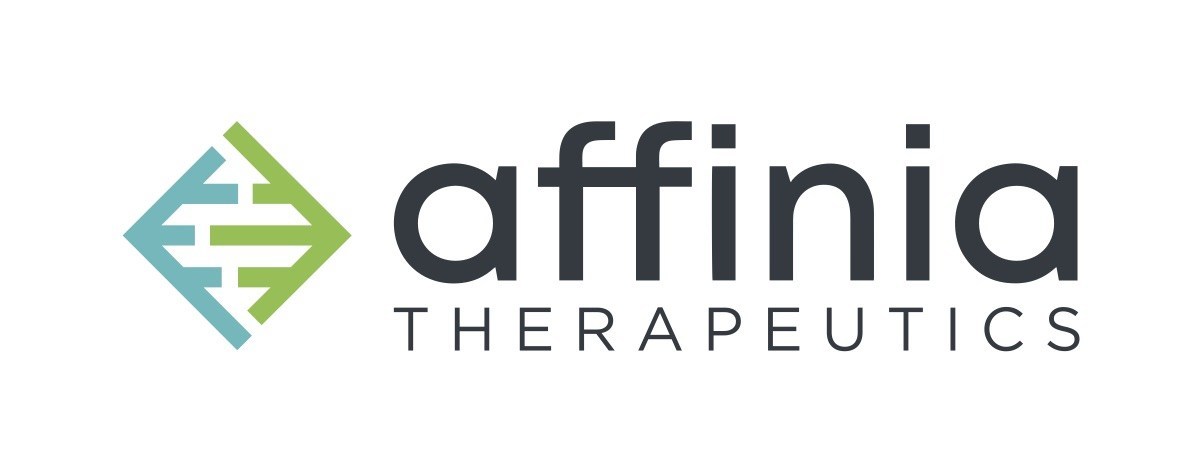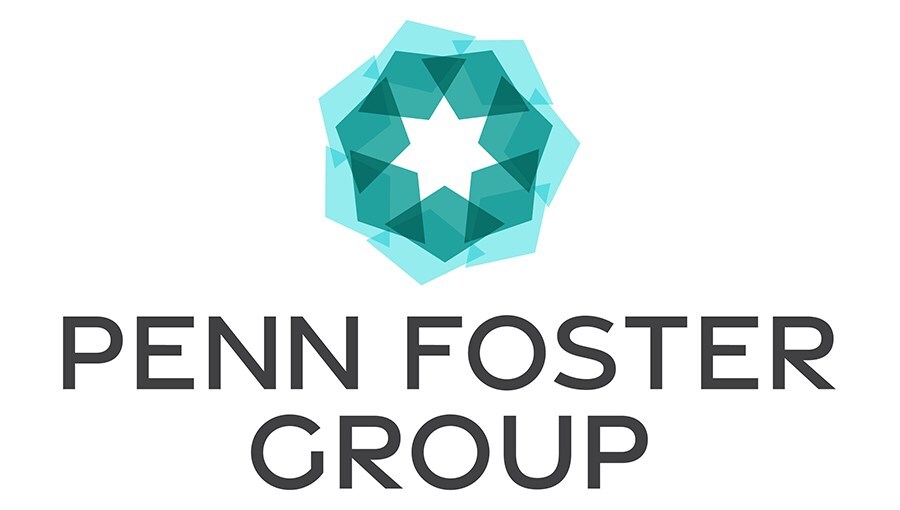AFTX-201, Affinia's gene therapy program in BAG3 dilated cardiomyopathy, demonstrates efficacy, safety, and differentiation in a genetically relevant preclinical model, with full restoration of cardiac function
Additional data show Affinia's gene therapy program in MYBPC3 hypertrophic cardiomyopathy demonstrating efficacy, safety, and differentiation in a genetically relevant preclinical model, its second-generation CNS capsids based on novel BBB receptors, and the Company's proprietary plasmid design increasing yields more than 10-fold for AAVs
WALTHAM, Mass., Oct. 22, 2024 -- Affinia Therapeutics ("Affinia"), an innovative gene therapy company with a pipeline of rationally designed adeno-associated virus (AAV) gene therapies for devastating cardiovascular and neurological diseases, today announced the presentation of new preclinical data on its BAG3 dilated cardiomyopathy (DCM) and MYBPC3 hypertrophic cardiomyopathy (HCM) programs, as well as additional data covering its second generation of central nervous system (CNS) capsids based on novel blood-brain barrier (BBB) receptors, and its proprietary high-yielding plasmid design for manufacturing. These scientific advances will be featured in poster presentations at the European Society of Gene and Cell Therapy (ESGCT) 2024 31st Annual Congress, being held October 22-25, 2024 in Rome, Italy.
"Our data at ESGCT highlight solutions addressing the key limitations in the gene therapy field, including transducing the majority of cells to deliver therapeutic payloads to cardiac muscle, skeletal muscle, or CNS as well as the ability to manufacture efficiently to serve prevalent adult populations," said Charlie Albright, Ph.D., Affinia's Chief Scientific Officer. "Affinia's programs, which use novel tissue-tropic capsids, are highly differentiated from those using conventional AAVs and we look forward to advancing them toward the clinic."
Details of Affinia's poster presentations at ESGCT are as follows:
Title: A novel AAV gene therapy for treatment of BAG3 dilated cardiomyopathy
Abstract: P0252
Session: Poster Session II
Date/Time: Wednesday, October 23, 1:30-3:00 PM CEST
Location: Concourse Level-1 and Mezzanine Concourse
Presenter: Lisa Stanek, Ph.D., Vice President, Translational Science, Affinia
BAG3 DCM is a devastating monogenic heart disease affecting more than 70,000 patients in the U.S., Europe, and U.K. regions alone. The BAG3, or Bcl2-associated athanogene 3, gene encodes for a protein that is critical to the normal structure and function of heart cells. Patients affected by BAG3 DCM have a mutation in the BAG3 gene and a deficiency in functioning BAG3 protein, resulting in early onset heart failure that progresses rapidly. No disease-modifying treatment exists, and many patients require a heart transplant.
In this poster presentation, Affinia reports the efficacy, safety, and differentiation of its rationally designed gene therapy product candidate, AFTX-201, to treat BAG3 DCM in a genetic mouse model that mirrors the human disease. The preclinical results showed production of BAG3 protein in the heart, improvement in the dilated cardiomyopathy pathophysiology, and full restoration of cardiac function four weeks after a one-time intravenous dose of AFTX-201. In contrast, a gene construct using the conventional capsid, AAV9, did not show improvement in cardiac function. AFTX-201 uses Affinia's novel second-generation cardiotropic capsid, ATC-0187, which has demonstrated robust transduction of iPSC-derived human cardiomyocytes and 90-100% transduction of cardiomyocytes in nonhuman primates (NHPs) following intravenous administration, significantly superior to the conventional capsid, AAV9.
"Development of a one-time therapy that addresses the genetic root cause of BAG3 DCM would represent a significant advancement for patients affected by this devastating disease who are otherwise healthy. There is no disease-modifying treatment available," said Laura Richman, D.V.M., Ph.D. DACVP, Affinia's Chief Development Officer. "The preclinical data presented show the potential of AFTX-201 to replenish the BAG3 protein in the heart and to provide structural and functional restoration to normal."
Title: A novel AAV gene therapy for treatment of MYBPC3 hypertrophic cardiomyopathy
Abstract: P0270
Session: Poster Session II
Date/Time: Wednesday, October 23, 1:30-3:00 PM CEST
Location: Concourse Level-1 and Mezzanine Concourse
Presenter: Lisa Stanek, Ph.D., Vice President, Translational Science, Affinia
MYBPC3 HCM is a devastating monogenic heart disease affecting more than 110,000 patients in the U.S., Europe, and U.K. regions alone. MYBPC3, or myosin-binding protein C, is a gene that encodes for a protein that is critical to the normal structure and function of heart cells. Patients affected by MYBPC3 HCM present with early onset heart failure that progresses rapidly, resulting in serious complications such as life-threatening arrhythmia or sudden cardiac death. No treatment exists for the underlying genetic cause of the disease.
In this poster presentation, Affinia reports the efficacy, safety, and differentiation of its rationally designed gene therapy product candidate to treat MYBPC3 HCM in a knock-in genetic mouse model, which mirrors the human disease. The preclinical results showed reversal of the hypertrophic cardiomyopathy pathophysiology and full restoration of cardiac function 11 weeks after a one-time intravenous dose of Affinia's product candidate using the novel cardiotropic capsid, ATC-0187. In contrast, a gene construct using the conventional capsid, AAV9, did not show improvement in cardiac function in this animal model and at the dose tested.
Title: In vitro binding to human and NHP orthologs of candidate receptors identify novel systemically delivered AAVs with enhanced CNS tropism
Abstract: P0144
Session: Poster Session II
Date/Time: Wednesday, October 23, 1:30-3:00 PM CEST
Location: Concourse Level-1 and Mezzanine Concourse
Presenter: John Reece-Hoyes, Ph.D., Senior Director, Head of Vector Biology, Affinia
Broad distribution to the brain regions remains a limitation of conventional capsids to treat many neurological diseases. Data will be presented on novel BBB-penetrant capsids that bind both human and NHP orthologs of 10 receptors, many of them novel, selected from among highly expressed GPI-anchored proteins in human brain endothelial cells. Results in human receptor knock-in mice and in NHPs revealed multiple novel capsids that utilize different receptors with improved CNS tropism compared to AAV9 when delivered systemically.
Title: Affinia's proprietary AAV plasmid design produces industry leading manufacturability of novel and WT capsids
Abstract: P0806
Session: Poster Session IV
Date/Time: Thursday, October 24, 6:00-7:30 PM CEST
Location: Concourse Level-1 and Mezzanine Concourse
Presenter: Matt Edwards, MBA, Senior Director, Head of Process Science, Affinia
The ability to produce AAVs cost-effectively has been a limitation to broadening the reach of gene therapy to prevalent adult diseases. Affinia's proprietary plasmid design significantly increases yields and packaging efficiency for all novel capsids with peptide inserts and for conventional capsids tested to date. Results show that Affinia's novel capsids yield greater than 3e15 vg/L and full capsids up to 60% at upstream harvest. Results with AAV9 show yields exceeding 4e15 vg/L upstream harvest, 10 times higher than that using conventional plasmid design.
Rob May, Affinia's Chief Technical Operations Officer said, "Our proprietary plasmid design leads to industry-leading yields and packaging efficiency for AAV9 and for our novel capsids. These data provide confidence that, as we advance our product candidates to the clinic, they can benefit many adult populations. Beyond Affinia's pipeline, our technology improved yields and packaging efficiency across all AAV capsids tested."
Abstracts can be found at https://www.esgctcongress.com/abstracts.
About Affinia Therapeutics
Affinia Therapeutics is pioneering a shift to a new class of rationally designed gene therapies that treat rare and prevalent diseases. Affinia Therapeutics' pipeline of first-in-class or best-in-class product candidates in cardiovascular and neurological diseases leverages its proprietary next-generation capsids, payloads, or manufacturing approaches and have shown efficacy, safety, and differentiation in relevant animal models. For more information, visit https://www.affiniatx.com.
This News is brought to you by Qube Mark, your trusted source for the latest updates and insights in marketing technology. Stay tuned for more groundbreaking innovations in the world of technology.









